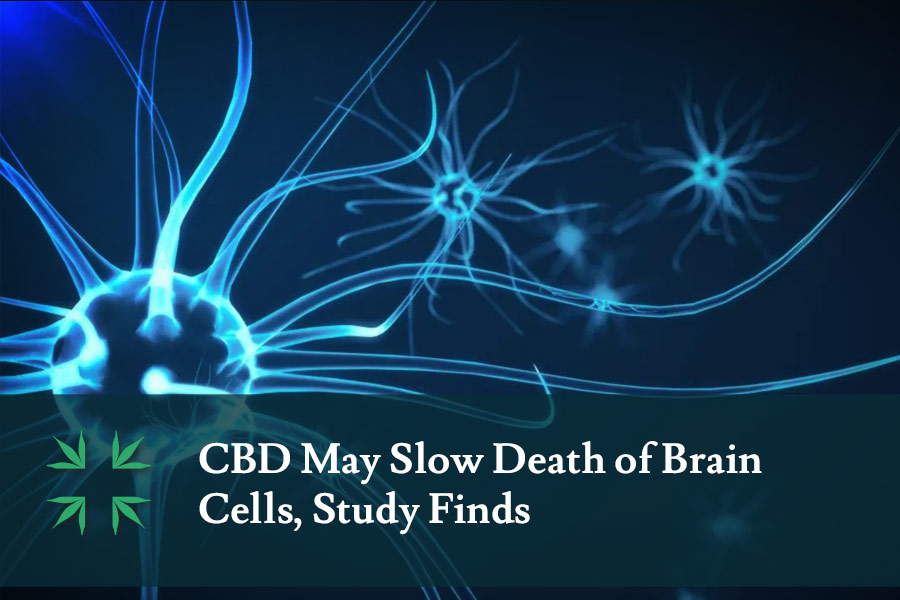Cannabidiol (CBD) may help slow the death of brain cells, according to new research.
The study, published in Cannabis and Cannabinoid Research, investigated the impact of varying concentrations of CBD on the neurotoxicity of hydrogen peroxide (H2O2) in a petri dish containing a neuron culture. High concentrations of H2O2 is an indication of oxidative stress, which is thought to play a significant role in the development of serious health conditions including cancers, strokes, and neurodegenerative diseases, such as Alzheimer’s, Parkinson’s, Huntington’s, and amyotrophic lateral sclerosis (ALS).
The researchers discovered the antioxidant properties of CBD provided hippocampal neurons with a protective layer inhibiting the onset of apoptosis (cell death) triggered by oxidative stress.
“Biological modes of CBD action on neurons have not been elucidated fully, but our work clearly confirmed that CBD was highly effective in neutralizing the H2O2-induced neurotoxicity on primary hippocampal neurons, which is intimately involved in the onset and progress of neurodegenerative diseases,” the researchers concluded.
These conclusions are, however, tentative given that the complexity of the brain’s structures and networks could influence outcomes and cannot be replicated in a petri dish. The researchers also call for further studies to look at whether the means by which CBD is administered yields varying results. That is, whether smoking CBD, ingesting CBD edibles, or applying CBD through a topical cream have different effects on H2O2-associated oxidative stress in the brain.
While this research is new, scientists have known about the neuroprotective potential of CBD for quite some time now. The US Department of Health and Human Services was even granted a patent for the use of CBD for its antioxidant and neuroprotectant properties as far back as 2003.
“Cannabinoids are found to have particular application as neuroprotectants, for example in limiting neurological damage following ischemic insults, such as stroke and trauma, or in the treatment of neurodegenerative diseases,” reads patent No. 6,630,507.

Leave A Comment